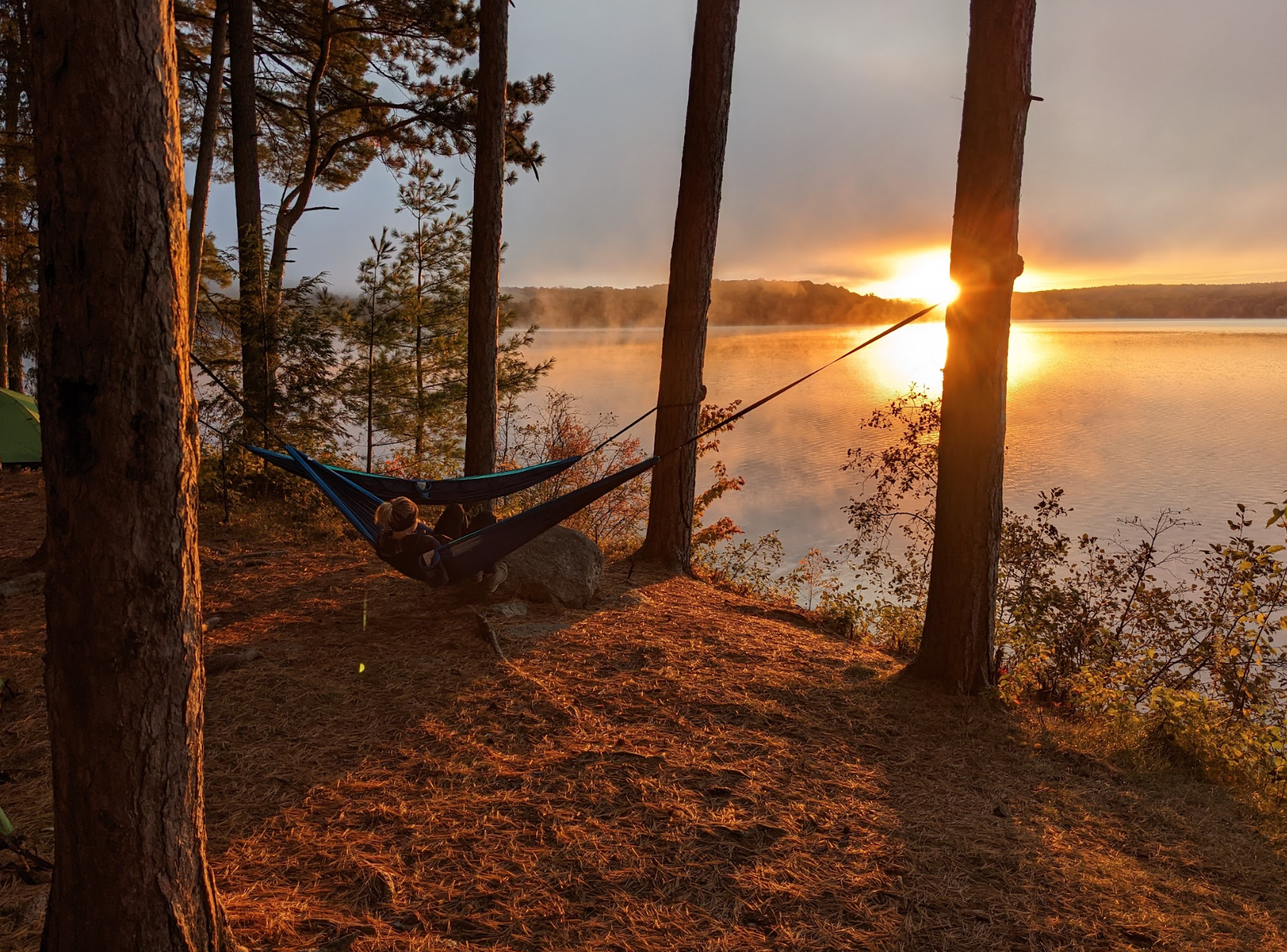Top 10 Tips for Backcountry Camping: Embrace the Wild Safely and Responsibly
Backcountry camping is one of the best ways to disconnect from the hustle and bustle of everyday life while immersing yourself in nature. It’s just you and the trees, creating your own little world. Although sleeping beneath the stars can feel daunting, it doesn’t have to be. The key to successful backcountry camping is preparation, which comes with practice and experience. Lucky for you, we have plenty of experience and are excited to share our top 10 tips to ensure your next backcountry trip is safe and enjoyable.
1. Plan and Prepare
Having a solid plan is vital. While plans may change, having a guideline for where you’re going and informing someone of your plan—and when they should expect to hear from you afterward—is key for safety. Research weather conditions and water sources in advance. Pack a waterproof map or place your map in a ziplock bag for reliable navigation.
2. Pack Smart
A heavy pack can turn an exciting trip into a strenuous one. Opt for lightweight, multi-purpose gear. Prioritize essentials like a tent, sleeping bag/pad, water filter, first aid kit, and appropriate clothing layers, including a raincoat. Bring a portable stove and enough fuel, as campfires may be prohibited in certain areas. Pack your sleeping equipment and clothes in waterproof bags or use a rain cover—no one wants to sleep in a wet sleeping bag.
3. Dress for the Conditions
Weather in the backcountry is unpredictable. Dress in layers to adjust to changing temperatures easily. Avoid cotton, as it retains moisture and can lead to hypothermia. Choose moisture-wicking, quick-drying fabrics; our favorite is a merino wool base layer. If temperatures are expected to drop below 10°C, pack a down “puffy” jacket, layer it with a raincoat for extra warmth, and include a hat and gloves. Always keep one set of dry clothes reserved solely for sleeping to ensure a comfortable night’s rest.
4. Stay Hydrated and Well-Fed
Water is a top priority in the backcountry. Carry a water filter or purification tablets to ensure clean water access. Fill up when convenient, and never drink unpurified water. For food, plan lightweight, high-calorie meals like oatmeal, wraps, pasta, or curries. Power bars and trail mix are excellent for maintaining energy during the day and preventing fatigue.
5. Leave No Trace
Respect the environment by adhering to Leave No Trace principles: Take nothing but photos, leave nothing but footprints, kill nothing but time. Pack out all garbage and leftover food, and pour dishwater into bushes away from the campsite. Use biodegradable soap and spit toothpaste into the fire pit. If there’s an outhouse, dispose of toilet paper properly and pack out feminine hygiene products.
6. Practice Fire Safety
If campfires are permitted, keep them small and use established fire pits. Never leave a fire unattended and ensure it’s completely extinguished before leaving or sleeping. Collect only deadwood and avoid cutting living trees. Birch bark and pine needles make excellent fire starters. Always check fire restrictions before your trip, as dry conditions can lead to bans.
7. Be Wildlife Aware
Seeing wildlife can be a highlight of backcountry camping, but safety is crucial. Store food in bear-proof containers or hang it at least 100 yards from your campsite. Never feed or approach animals, and make noise while hiking to alert wildlife to your presence. If you encounter wildlife, enjoy it from a distance—don’t try to pet or interact with it.
8. Stay on Marked Trails
Venturing off-trail increases the risk of getting lost and damaging fragile ecosystems. Stick to marked trails and established campsites to preserve the environment and ensure safety. Carry a map and compass for navigation, and don’t rely solely on GPS devices.
9. Be Daylight Conscious
It’s easy to lose track of time in nature, which is part of its beauty. Avoid constantly checking the time unless you have a specific goal, like reaching your destination or finishing your hike before dark. Leave early enough to have ample time and avoid hiking at night—it’s much harder to navigate after the sun sets.
10. First Aid and Emergency Preparedness
Accidents can happen, even with the best preparation. Carry a well-stocked first aid kit and know how to use it. Familiarize yourself with basic first aid and CPR techniques. In case of an emergency, have an evacuation plan and know the location of the nearest help.
Conclusion
Backcountry camping is an experience everyone should try at least once in their lifetime. It’s a rewarding and rejuvenating adventure that leaves you feeling empowered and deeply connected to nature. By following these 10 tips, you’ll take important steps to ensure safety and preparedness for your trip. Remember, preparation and respect for the environment are key to making the most of your backcountry adventure.
Happy camping, and stay wild!



